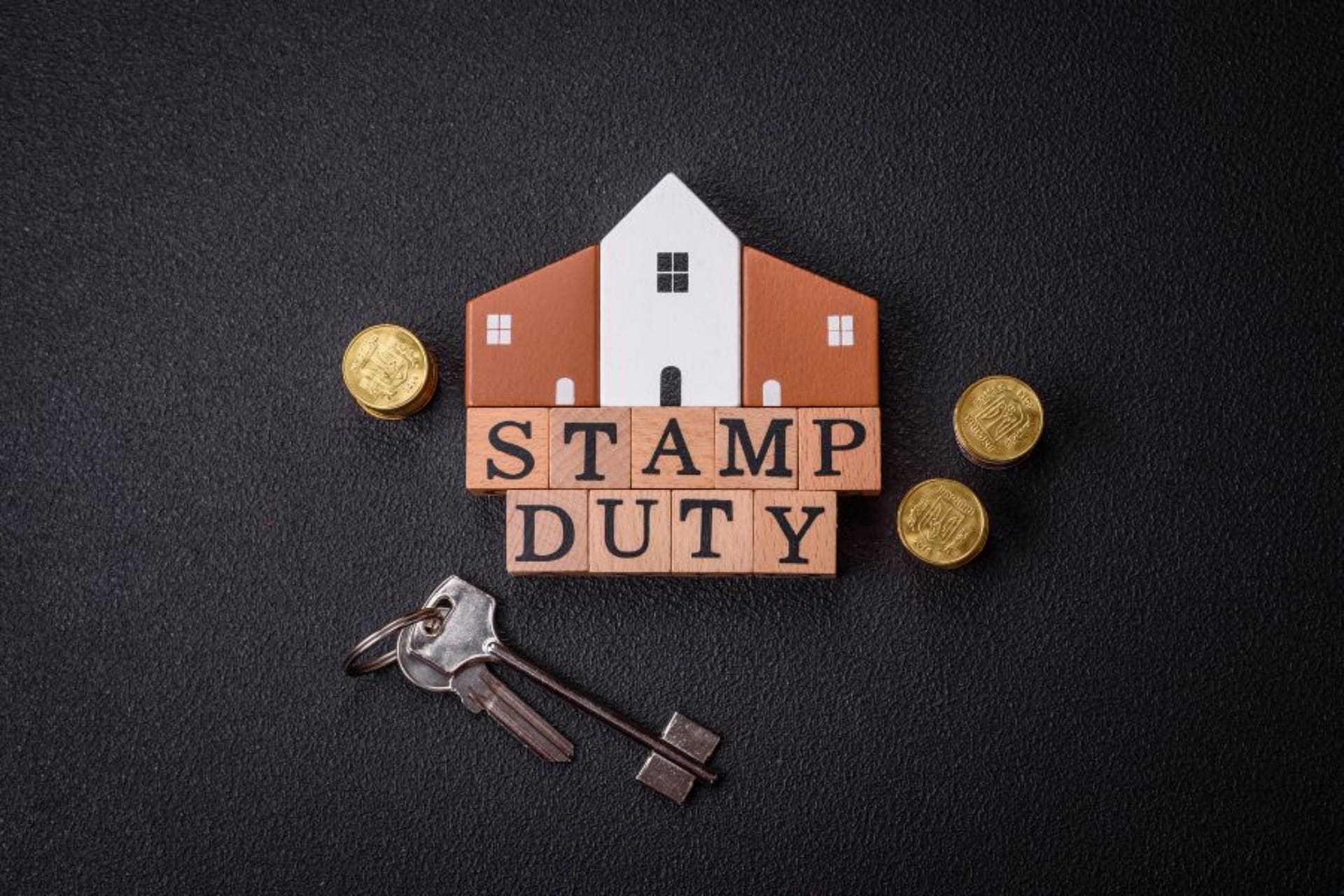Buying your first investment property in Australia can be exciting yet daunting. The real estate market in Australia offers many opportunities for investors, but it also requires a well-thought-out strategy, thorough research, and careful consideration of various factors.
In this blog post, we will guide you through the essential tips and strategies to consider when buying your first investment property in Australia, ensuring you make an informed decision that aligns with your financial goals.
Table of Contents
Toggle1. Understand Your Financial Situation
Before diving into the property market, it’s crucial to have a clear understanding of your financial health. This involves assessing your current income, expenses, debts, and savings.
Understanding your financial situation will help you determine how much you can afford to invest and what kind of property you should be looking for. It’s also wise to get pre-approval for a mortgage so you know exactly how much you can borrow before you start your search.
2. Set Clear Investment Goals
What are you looking to achieve with your investment property? Are you aiming for capital growth, where the value of the property increases over time, or are you more interested in rental yield, which is the annual rental income as a percentage of the property’s value?
Setting clear investment goals will guide your decision-making process and help you identify the type of property and location that will best meet your objectives.
3. Conduct Thorough Research
Research is key when it comes to property investment. Start by studying the property market trends, understanding the factors that affect property values, and identifying growth areas. Look into the demographics of potential locations, as well as local amenities, public transport, and future infrastructure developments. Websites, real estate platforms, and government reports can be valuable resources for gathering information.
Also read: Is Buying Land a Good Investment in Australia?
4. Choose the Right Location
The location of your investment property significantly impacts its performance. Look for areas with strong growth potential, where demand for rental properties is high. Consider factors such as proximity to city centers, schools, hospitals, and transport links. Also, keep an eye on emerging suburbs that may offer better value for money and higher growth prospects in the long run.
5. Consider the Property Type
The type of property you invest in should align with your investment goals and the demographic of the area. Apartments may be more suitable for city locations where there’s a high demand from young professionals and students, while houses might be more appealing to families and offer better capital growth in suburban areas. Assess the pros and cons of different property types, including maintenance costs, strata fees (for apartments), and potential rental yields.
6. Analyse the Costs Involved
Investing in property involves various costs, including stamp duty, legal fees, building and pest inspections, and property management fees. Make sure to account for these expenses in your budget to avoid any surprises. Additionally, consider the ongoing costs of owning a property, such as council rates, insurance, and maintenance, which can affect your overall return on investment.
7. Secure the Right Financing
Exploring different financing options and securing the right mortgage for your investment property is crucial. Interest rates, loan terms, and the type of loan (interest-only vs. principal and interest) can all impact your investment. Speak with a mortgage broker or financial adviser to understand which loan structure suits your situation best.
Also read: Step-by-Step Process for Buying a House in Installments
8. Property Management
Decide whether you will manage the property yourself or hire a property manager. While managing the property can save you money, it also requires significant time and effort. A property manager can handle day-to-day tasks, such as finding tenants, collecting rent, and managing maintenance issues, allowing you to focus on your investment strategy.
9. Plan for the Long Term
Property investment is generally a long-term strategy. Market conditions can fluctuate, and there may be periods of low growth or negative returns. It’s important to have a long-term perspective and not make hasty decisions based on short-term market movements.
10. Stay Informed and Flexible
The property market is dynamic, and laws, regulations, and market conditions can change. Stay informed about the latest market trends, tax implications, and legislative changes that may affect your investment. Being flexible and willing to adjust your strategy as needed can help you navigate the market more effectively.
Buying your first investment property in Australia is a significant step towards building wealth. By doing your homework, setting clear goals, and carefully considering your options, you can increase your chances of success. Remember, property investment is not without risks, so it’s important to approach it with caution and seek professional advice when necessary. With the right strategy and a bit of patience, your first investment property can pave the way for a prosperous financial future.
Buying Your First Investment Property Australia?
Discover proven strategies for smart real estate investment in Australia. CJC Law provides comprehensive legal and strategic advice to help you confidently purchase your first investment property.
Whether you’re a first-time buyer or looking to expand your portfolio, our expert guidance is your key to making informed decisions. From location scouting to understanding legal complexities, we’ve got you covered. Don’t miss out on this opportunity to elevate your investment strategy and secure your financial independence.




